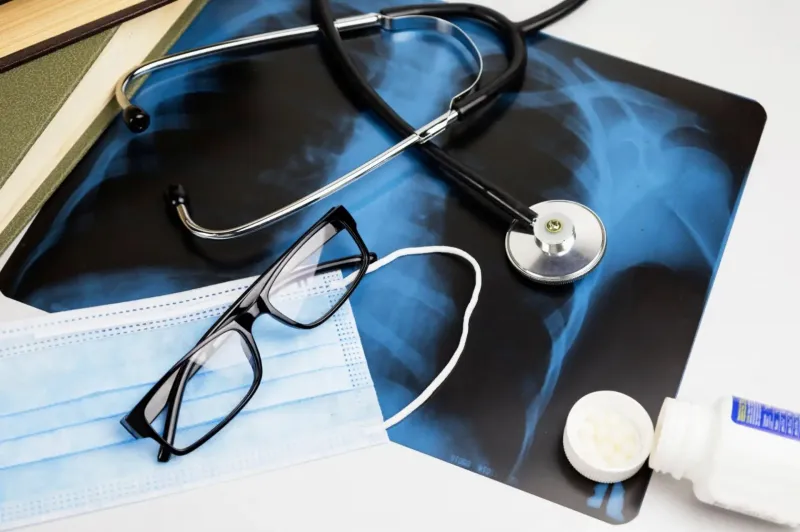
Introduction: Understanding Respiratory Diseases and their Impact
Respiratory diseases are a group of conditions that affect the lungs and breathing. These can include respiratory illnesses, such as infections like pneumonia or bronchitis, chronic obstructive pulmonary disease (COPD), asthma, and other common respiratory conditions. Taking care of your lung health is crucial in preventing and managing these ailments.
The Responsibilities of the Department of Health in Respiratory Disease Management
The Department of Health is responsible for overseeing public health initiatives, including the prevention, control, and management of respiratory diseases. Working in conjunction with the Public Health Agency, they aim to promote healthy living and reduce the impact of respiratory illnesses on individuals and communities. Their efforts focus on implementing strategies to prevent the spread of diseases, raising awareness about respiratory health, and ensuring effective management and treatment options are available.
Read more >> Delicious and Energizing Sparkling Water Drink with Caffeine
1. Surveillance and Monitoring:
- Respiratory disease surveillance is an important aspect of public health. It involves the systematic collection and analysis of data on respiratory illnesses. By monitoring outbreaks, healthcare professionals can quickly detect and respond to potential respiratory disease threats in a timely manner, thereby preventing further spread and reducing the impact on affected individuals and communities.
- Disease reporting systems play a crucial role in tracking respiratory disease trends. These systems collect and analyze data from various sources, such as healthcare facilities, laboratories, and public health departments. By monitoring patterns of respiratory diseases in real-time, these systems can provide early warnings of outbreaks and help public health officials take timely action to mitigate the spread of diseases. This information is invaluable for planning healthcare resources, implementing preventive measures, and developing targeted interventions to protect communities from the impact of respiratory diseases.
2. Education and Awareness:
- Public education campaigns on respiratory health play a crucial role in promoting healthy habits for lung care. These initiatives aim to raise awareness about the importance of maintaining good respiratory health and provide information on how individuals can take proactive measures to protect their lungs. By educating the public on the various factors that can impact lung health, such as smoking, air pollution, and regular exercise, these campaigns empower individuals to make informed choices that contribute to their overall well-being.
- Implementing disease prevention strategies is crucial in healthcare. One effective way to promote this is by raising awareness about risk factors and symptoms. By educating individuals about these important aspects, it empowers them to take proactive measures in preventing the onset or progression of diseases. This can greatly contribute to overall public health and well-being.
3. Diagnosis and Treatment:
- Creating guidelines for the diagnosis of respiratory diseases is crucial in order to improve patient care and ensure accurate and timely diagnoses. These guidelines help healthcare professionals standardize their approach, leading to consistent and reliable diagnoses. By following these guidelines, medical professionals can effectively identify common respiratory conditions such as asthma, chronic obstructive pulmonary disease (COPD), and pneumonia. This enables proper treatment planning, reduces misdiagnoses, and ultimately improves patients' quality of life. Additionally, these guidelines serve as valuable resources for researchers and policymakers in addressing public health concerns related to respiratory diseases.
- Making healthcare services and treatment options more accessible is a crucial goal that the healthcare industry continuously strives for. By implementing various strategies and technologies, such as telemedicine, mobile health apps, and remote monitoring devices, individuals can now have easier access to medical professionals and treatment options regardless of their geographical location. This advancement in healthcare technology not only improves convenience but also enables individuals to proactively manage their health by seeking timely medical advice and receiving appropriate treatments.








Showing 0 verified guest comments